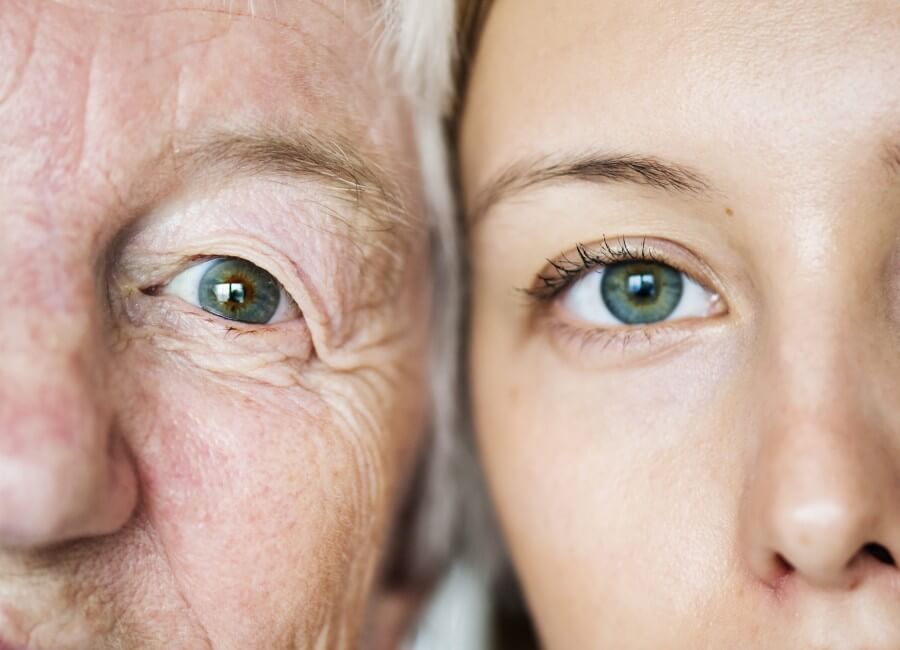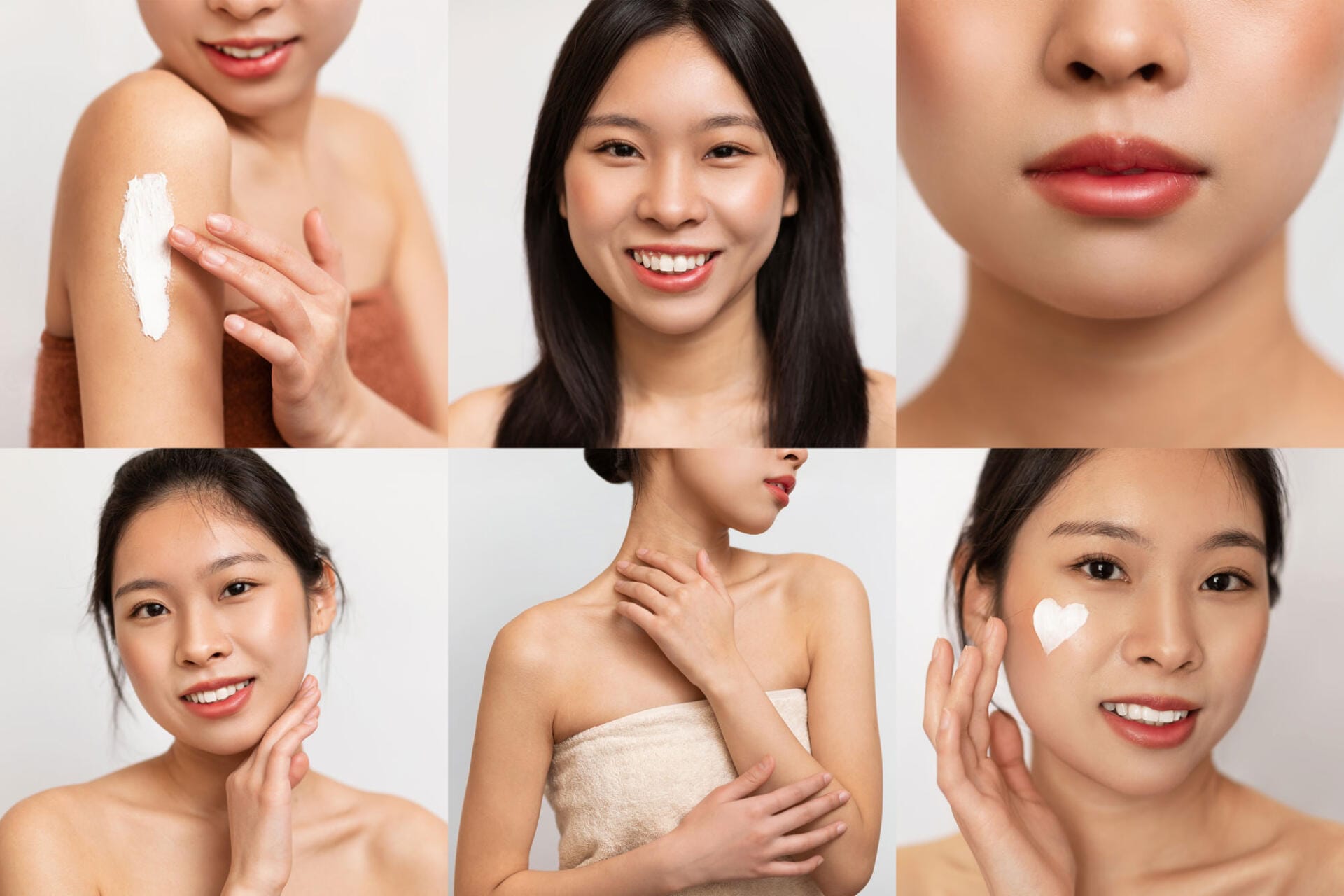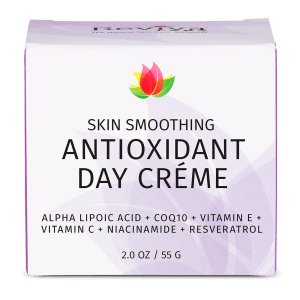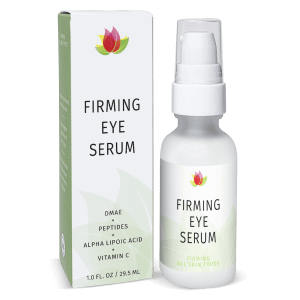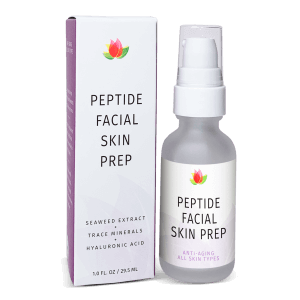A recent piece from the BBC, titled ‘The curious ways your skin shapes your health‘ authored by Zaria Gorvett, brings together various studies highlighting the pivotal role our skin plays in our overall health – from its function as our most substantial organ to its ability to reflect the state of our general wellness.
The idea that our skin’s condition–the largest organ in the body–mirrors our comprehensive health is not a new concept. However, it goes beyond serving as an indicator of good health. Fresh research hints at an active contribution from our skin towards maintaining physical well-being. This article dives into compelling ways your skin molds your health and elucidates why preserving a healthy skin status could be a surprising stroke of brilliance.
A New Perspective on Skin Health
It is a common misconception that skin health is only about aesthetics. However, the reality is far more complex and intriguing. Skin health is closely intertwined with our general health and well-being. The state of our skin can indicate the presence of underlying health issues and even predict certain age-related diseases. The skin is not merely a passive organ but actively contributes to our health.
Skin as a Protective Barrier
The skin acts as a protective barrier between our bodies and the external environment. It helps prevent the entry of infectious agents, environmental toxins, and allergens, while also retaining essential moisture within the body. As we age, our skin’s ability to perform these tasks effectively diminishes.
However, the solution to rejuvenating our skin is simpler than many cosmetics adverts suggest. Moisturizing the skin can help restore its protective functions and alleviate the effects of aging. Research indicates that this simple intervention can yield remarkable results, reducing the risk of many age-related diseases.
The Systemic Impact of Skin Health
Skin health has a broader impact on our overall health than previously believed. For instance, sun-damaged skin releases chemicals that contribute to systemic inflammation, increasing the risk of various age-related diseases. This finding highlights the importance of sun protection methods, such as using high-factor sunscreens or wearing protective clothing, to maintain healthy skin and reduce disease risk.
The Connection between Skin Health and Aging
The connection between skin health and aging isn’t merely superficial. The appearance of our skin can be a reliable reflection of our inner health, revealing the effects of years of smoking, sun exposure, stress, and other lifestyle factors.
Longitudinal Studies on Aging and Skin Health
In 1958, a groundbreaking scientific investigation of aging known as the Baltimore Longitudinal Study was launched. This study followed thousands of men and women for decades to understand how their health evolved with time.
One of the most striking findings from the study was the correlation between perceived age and health. Men who looked older than their actual age at the start of the study were more likely to be deceased 20 years later. This correlation between perceived age and health outcomes has been confirmed in more recent research.

Predictive Value of Skin Health
Skin health can predict a myriad of seemingly unrelated health outcomes. For instance, the health of your skin can indicate your bone density, the risk of developing neurodegenerative diseases, or dying from cardiovascular disease. This predictive value of skin health underscores the need for maintaining healthy skin. Essentially, overall skin health is a good predictor of general stress levels.
Stress wreaks havoc on the body’s health through continually elevated levels of cortisol along with a cocktail mix of other hormones and chemicals. The resulting inflammation affects the body, including the skin, and can result in a vicious feedback loop scientists called “inflammaging”.
Prevention is Key
In a nutshell, various research studies indicate that the state of your skin is a reflection of your overall health. These same studies highlight how safeguarding and maintaining skin health can reciprocally contribute to general wellness. Moreover, averting skin problems is not complicated. Initiating measures such as shielding the skin from sun harm and exposure to detrimental toxins proves highly effective. Similarly, ensuring consistent hydration for your skin aids in its optimal functioning – which ultimately reinforces your overall protection against various health issues.
Look Better, Feel Better
From being a protective barrier to indicating our inner health, the role of our skin in our overall well-being is far more significant than we typically acknowledge. As we continue to unravel the mysteries of skin health, one thing is clear – maintaining healthy skin is not just about looking good: it’s about feeling good from within.



